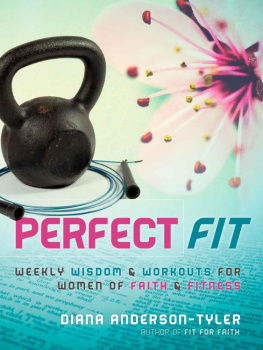Pamela Tyler - New Orleans Women and the Poydras Home: More Durable than Marble
Here you can read online Pamela Tyler - New Orleans Women and the Poydras Home: More Durable than Marble full text of the book (entire story) in english for free. Download pdf and epub, get meaning, cover and reviews about this ebook. City: Baton Rouge, year: 2016, publisher: LSU Press, genre: Home and family. Description of the work, (preface) as well as reviews are available. Best literature library LitArk.com created for fans of good reading and offers a wide selection of genres:
Romance novel
Science fiction
Adventure
Detective
Science
History
Home and family
Prose
Art
Politics
Computer
Non-fiction
Religion
Business
Children
Humor
Choose a favorite category and find really read worthwhile books. Enjoy immersion in the world of imagination, feel the emotions of the characters or learn something new for yourself, make an fascinating discovery.

- Book:New Orleans Women and the Poydras Home: More Durable than Marble
- Author:
- Publisher:LSU Press
- Genre:
- Year:2016
- City:Baton Rouge
- Rating:3 / 5
- Favourites:Add to favourites
- Your mark:
New Orleans Women and the Poydras Home: More Durable than Marble: summary, description and annotation
We offer to read an annotation, description, summary or preface (depends on what the author of the book "New Orleans Women and the Poydras Home: More Durable than Marble" wrote himself). If you haven't found the necessary information about the book — write in the comments, we will try to find it.
A two-hundred-year-old institution, the Poydras Home -- originally the Poydras Asylum -- stands as an exemplar of woman-led charitable organizations. In a thorough and engaging narrative, Pamela Tyler offers the first complete history of this remarkable New Orleans establishment from its founding as an orphanage for young girls to its present-day operation as a retirement community and assisted-living facility. Throughout, Tyler paints a vivid picture of the many women who faced down the challenges of war, disease, natural disaster, social unrest, and restrictive gender ideals to realize the mission of the Poydras Home.
Drawing on previously unreleased archival material, Tyler documents how the institutions benefactor, Julien Poydras, used his immense wealth to support a haven for impoverished girls, and how the dedicated women of the Poydras board pursued that ambition through more than just residential services. Tyler reveals that the majority of the Poydras orphans had one living parent, and it was dire poverty and a dearth of social services in New Orleans that drove single parents, usually mothers, to place their daughters in the asylum. Further research demonstrates that the Poydras went beyond simply providing a shelter for the children of distressed parents; volunteer managers worked to shape their charges character through an emphasis on morals, education, and the fundamentals of housewifery.
Following the institution from its antebellum origins to Reconstruction, through the Progressive era, and into the obsolescence of childrens homes in the mid-twentieth century, Tyler highlights the impacts of both national affairs and daily life on the charity. This rich history winds through the last fifty years as the Poydras Home boldly and successfully changed its mission to provide care for elderly men and women.
The result of years of research, New Orleans Women and the Poydras Home is a sweeping social history that recognizes the determination of women caregivers and the thousands of lives they benefited.
Pamela Tyler: author's other books
Who wrote New Orleans Women and the Poydras Home: More Durable than Marble? Find out the surname, the name of the author of the book and a list of all author's works by series.









